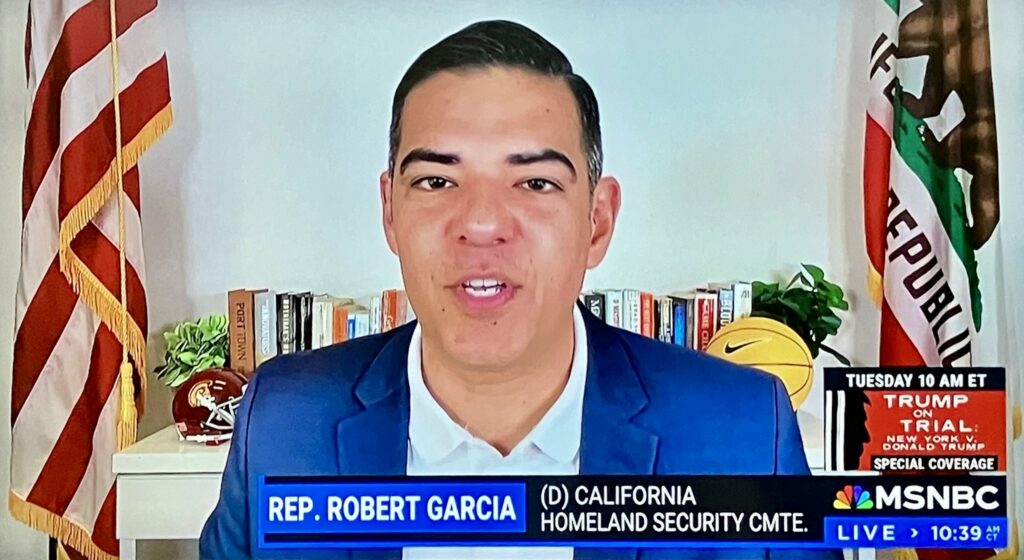Gender Ideology
LGBT activists outraged after Peru affirms mainstream view of ‘gender dysphoria’ from 2019
After years of relentless lobbying, the World Health Organization announced in 2019 that it would no longer be classifying gender dysphoria as a “mental or behavioural disorder.” In its previous manual, referred to as ICD-10, the WHO had referred to “gender incongruence” – the feeling that one is born into the wrong body – as a “gender identity disorder.”
The new 2019 manual, ICD-11, defined gender incongruence instead as a “marked and persistent incongruence between a person’s experience gender and assigned sex,” thus accepting the transgender movement’s false claim that sex and gender are distinct. The condition was moved to the chapter on “sexual health,” with one WHO expert explaining that the body now believes that gender dysphoria is “not actually a mental health condition.”
According to ICD-11: “This reflects current knowledge that trans-related and gender diverse identities are not conditions of mental ill-health, and that classifying them as such can cause enormous stigma.” (In the U.S., the politicized American Psychiatric Association began using “gender dysphoria” instead of “gender identity disorder” back in 2013 in its Diagnostic and Statistical Manual of Mental Disorders.)
LGBT activists celebrated, and then immediately went to work. The transgender movement is not a grassroots movement – it is a top-down movement of the elites, imposing an ideology on the public. Pressuring international bodies to change fundamental definitions was a key method of establishing “new norms” and demanding that small institutions also change in accordance with the “experts,” and pushing countries to change their laws to reflect the new, politically manufactured “consensus.”
Thus, we are treated to LGBT activists furiously decrying the violation of “norms” that are less than half a decade old – as if they had not overturned the actual norms of millennia by politically pressuring a handful of self-appointed experts.
Exhibit A would be the recent “supreme decree” signed by Dina Boluarte, president of Peru, on May 10. The decree updated the Peruvian Health Ministry’s list of insurable mental health conditions to include “transsexualism,” “gender identity disorders,” and “cross-dressing.” LGBT activists responded fiercely, decrying the move as “stigmatizing” and hosting protests in the capital of Lima sponsored by more than 60 groups.
Ironically, the government’s move was likely not intended to offend. Indeed, on May 11, the Peruvian Health Ministry released a clarifying statement assuring the offended that so-called “gender and sexual diversity are not diseases” but that within “this framework, we express our respect for gender identities, as well as our rejection of stigmatization of sexual diversity in this country.” In short, in order to expand healthcare coverage to a number of LGBT issues, they had to be classified as mental illnesses under the Essential Health Insurance Plan.
A collective of LGBT groups released a statement objecting in the strongest language: “The adoption of such a decree constitutes a serious setback in terms of our rights [sic] … This measure not only reflects a lack of understanding and respect for sexual and gender diversity, but also has devastating consequences for our lives,” the statement hysterically claimed.
U.S. Congressman Robert Garcia, a homosexual, also promptly announced his intention to “push back on this direct attack on LGBTQ+ Peruvians,” saying “it’s clear to me the decision by the Boluarte administration and the right-wing Congress to attack and label trans and intersex Peruvians [sic] as ‘mentally ill’ is discriminatory, dangerous and shameful.”
What is unfolding in Peru is a perfect microcosm of why activists work so hard to make what often seem like subtle tweaks in the language addressing issues like transsexualism in international documents that most people have never heard of. For all the outrage expressed by the dozens of LGBT groups and scores of politicians livid that the Peruvian government – which does not even object to much of their agenda – holds the same position that the World Health Organization did a mere five years ago.








